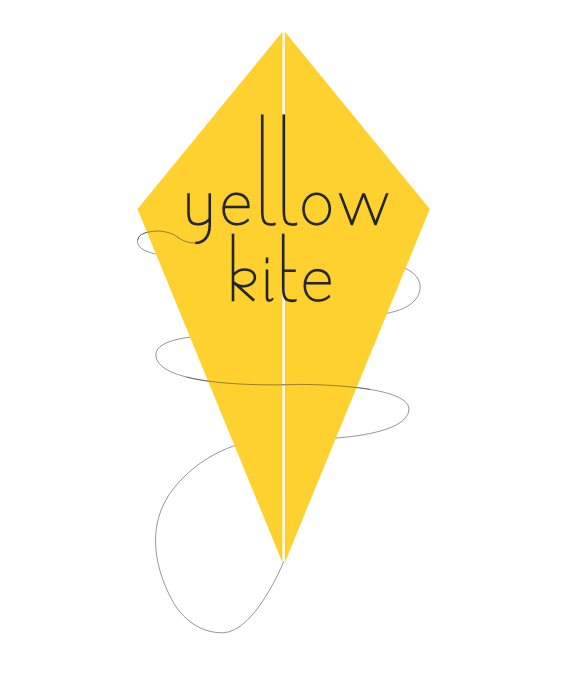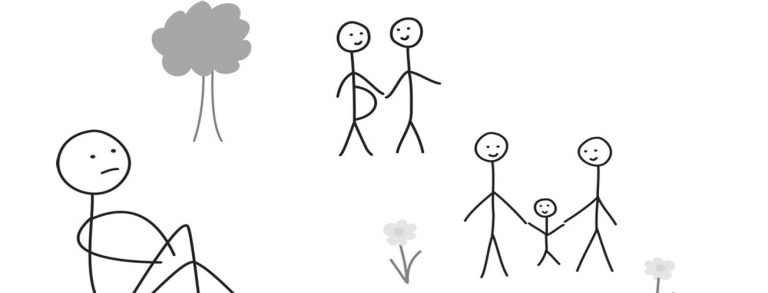A New Approach to Screen Time

I never play video games alone; I always sit on the sofa with my two boys, ten and twelve years old. We all thumb away at our gamepads together. Gaming is one way we bond — one way we engage in ‘family time.’
You would probably imagine that anyone who dedicates as much of his energy to thinking about digital play as I do would want to sneak in some time with adult games like Bioshock, Fallout, or The Last of Us once the kids head off to bed. But I don’t. Games do not actually interest me in and of themselves. I am concerned only with the ways in which they bring people together — families, friends, communities. I am interested in the cultural aspect of games — what it means to be a gamer, and how digital play influences the ways we think about the world.
Video game narratives are fascinating. In some ways, they are very much like interactive versions of the stories we enjoy on television or at the movies. They can be like theatre, like novels, like tales told around a campfire. When you consider that almost every child in the United States plays video games, it is safe to say that they may even be the primary form of narrative for the twenty- first century. In other words, video games are the new bedtime stories, the new fairy tales, the new mythology, perhaps even the new scripture. They are the freshest form of written or recorded communication practices, which most scholars believe started around the twenty- seventh century BCE. That is when the earliest examples of literature appeared in ancient Mesopotamia. But long before that, way farther back than we could ever possibly imagine, stories were passed from one generation to the next by word of mouth.
Take a moment to consider just how mind- blowing the shift from oral to written storytelling must have been. It represented a complete change in the way ancient humans organized their communities, their societies, their civilizations. Those of us who lived through the transition to personal computers and smartphones think it was a big deal to see the world as we knew it completely disrupted when social networking and email became commonplace. But that was nothing compared to what it must have been like to live through the beginning of written language. It may have been the greatest technological shift of all time. The written word enabled people to remember and store information. It made it possible to send a letter to a loved one in a faraway place. It empowered folks to share expertise with-out ever having to meet in person. It allowed generations of humans to distribute knowledge across time.
Thanks to the written word, I am moved to tears when I take my children to visit the Plaka neighborhood beneath the ancient Acropolis in Athens, Greece. We walk along the same narrow market streets that Socrates and Plato once roamed. These philosophers died two and a half millennia ago, yet they are still educating the young adults in my college classroom almost every day. All because their ideas are preserved in writing. The ingenuity of the ancient people who first imagined symbolic language systems is astounding. Long before the telephone, the internet, and video games, this was the trendy new technology that made it possible for people to collaborate and cooperate in ways that transcend both time and space.
I was sitting on the sofa, playing New Super Mario Brothers with my sons, when it occurred to me that digital play will make their childhoods drastically different from mine. Their formative years will be lived with screens — portable game consoles, tablets, smartphones. They spend enormous amounts of time in front of these devices. Therefore, they will reach adulthood with an entirely unique set of seminal experiences. They will eventually take the world’s reins, thinking in ways that I cannot even comprehend. They will create a world that I can only barely envision.
So how do I prepare my children for a future I can’t imagine? How can I get them ready for a life lived through new technologies? What does it mean for every individual, family, school — in fact, for all of humanity — that entire generations of children are now being raised on video games, a new kind of bedtime story?
Read The New Childhood to find out…










